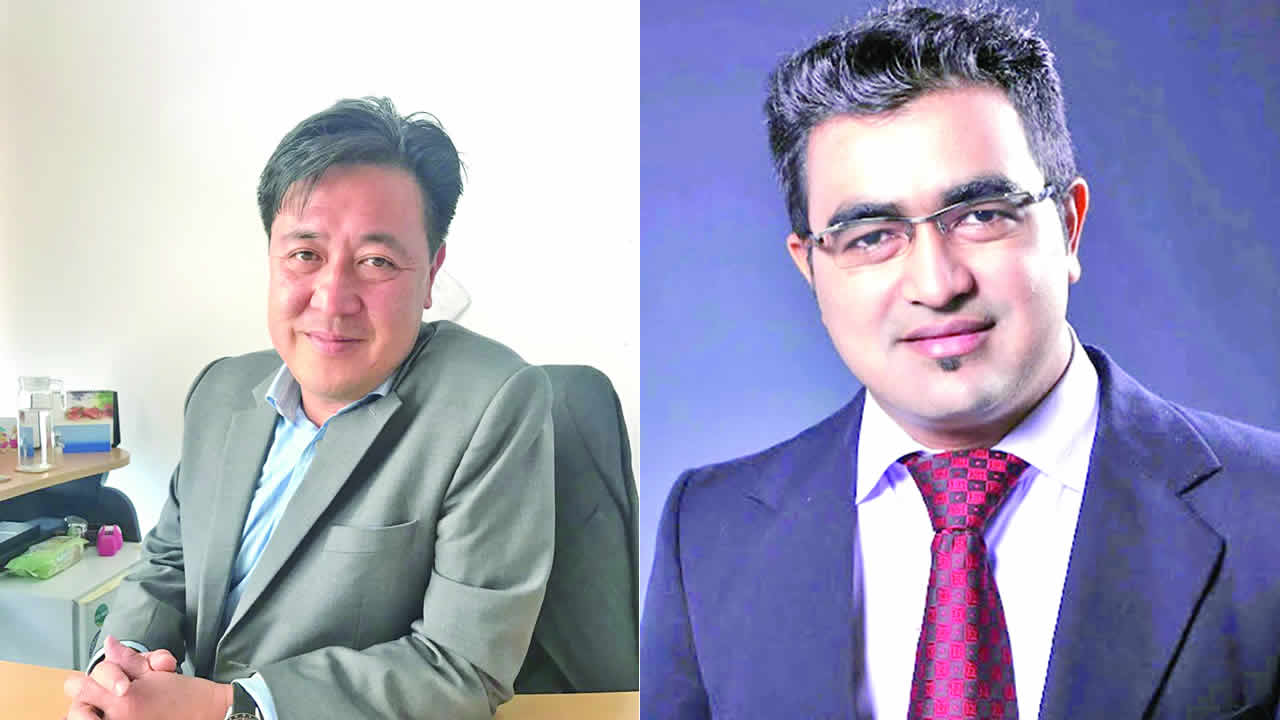
According to experts, Integrated Reporting (IR) is a concept that has been established to better understand the broader range of measures that contribute to long-term value and the role organizations play in society. It is a method that aims to evaluate a company’s performance in terms of both financial and other value relevant information. Various organisations around the world are adopting this concept. In Mauritius, the SEM companies are on the way to adopt this international standard. But how far is Mauritius ready?
All started in 2009, when the Prince of Wales summoned a high level meeting of investors, standard setters, companies, accounting bodies and UN representatives including The Prince’s Accounting for Sustainability Project, International Federation of Accountants (IFAC), and the Global Reporting Initiative (GRI), to establish the International Integrated Reporting Committee (IIRC), a body to oversee the creation of a globally accepted Integrated Reporting framework.
Hence, in November 2011, the Committee was renamed the International Integrated Reporting Council. The International Integrated Reporting Council (IIRC) explains that “an integrated report is a concise communication about how an organization’s strategy, governance, performance and prospects, in the context of its external environment, lead to the creation of value in the short, medium and long terms.”
Patrick Ng Tseung : “Mauritius needs to start with small steps”

Associate Partner at Ernst & Young, Patrick Ng Tseung, believes that Mauritius needs to start somewhere to match international standards. For him, Integrated Reporting has a lot of benefits if used correctly. “IR is an essential tool for companies and decisions as well for investors. Through IR, investors can easily measure the performance of a company and analyse how far the company’s financial statement is linked to its strategy. Hence, if Mauritian companies want to attract more investors, they must adhere to norms pertaining to corporate governance,” he says.
Nevertheless, the Associate partner argues that before adopting the IR, it is essential for Mauritian companies to create awareness or provide training for shareholders to better understand the concept and how to analyse the report. “In Mauritius, in the listed SEM companies, there are many small shareholders. In the current annual report, there is already a lot of information, which most people are unaware of. Now with IR, there will be an overload of information. Thus, sometimes, important information is lost and the purpose of IR is not served. Applying IR is eventually for a good purpose but if most of the shareholders do not understand it, then it will be discouraging for them,” he reveals.
Companies in Mauritius must start with small steps towards a new direction and in the process, establish the norms within their culture.
He underlines that providing training and educating our shareholders to better understand strategies linked to IR will open up doors for Mauritius in terms of investments. “Various countries around the world are linking the financial statements to their performance, hence creating more value. For Mauritius, it is a challenge but we have to start somewhere.”
Furthermore, Patrick Ng Tseung declares that IR also measures how the company is ensuring sustainability. “Companies in Mauritius must start with small steps towards a new direction and in the process, establish the norms within their culture. For the time being, we may not have the infrastructure for the impact to be visible. The aim should not be for immediate impact. Through IR, many companies will be forced to think about sustainability.”
Tahir Wahab : “There is a long way to go”

Manager Accounts at Minerva Mauritius, Tahir Wahab explains that Mauritius is very reticent when it comes to IR. He states that South Africa has already started to apply the standards. “In South Africa, there is a report known as the King Report, which comprises corporate governance which lays much emphasis on the same perspectives as IR. In Mauritius, we have the mindset but it will take more time to accept it. It is an important aspect for companies. Nevertheless, there is a long way to go”
He underlines that Mauritius has now started to adopt the concept. “As compared to other countries, Mauritius is very hesitant for various reasons. Firstly, companies are afraid to reveal information which is linked to their operations and trade. They fear that their competitors might use the information. But they must also bear in mind that IR is beneficial for their growth, as it attracts investors.”
As compared to other countries, Mauritius is very hesitant for various reasons. Firstly, companies are afraid to reveal information which is linked to their operations and trade. They fear that their competitors might use the information.
Additionally, Tahir Wahab states that Mauritius has some challenges to overcome. “In Mauritius, we do not have sufficient resources and expertise in the market for this concept. For instance, IR consists of both financial and non financial aspects. An auditor can easily comment on the financial aspects but how can we assume that the information available for the non financial part are reliable? Besides, Mauritius needs to work on the legal side and become more user friendly, if this concept is to be applied. Currently, companies listed on stock exchange are considering this concept, as they need to attract investors.”
He further adds that along with IR, companies in Mauritius should adopt integrated thinking. “Integrated thinking should be the way forward and the Board considers all the six Capitals for the benefit of the longer term success and longevity of the organization. The six capitals are Financial Capital, Manufactured Capital, Intellectual Capital, Social & Relationship Human Capital and Natural Capital. It is all about taking decisions based on strategy and performance.”
 J'aime
J'aime














